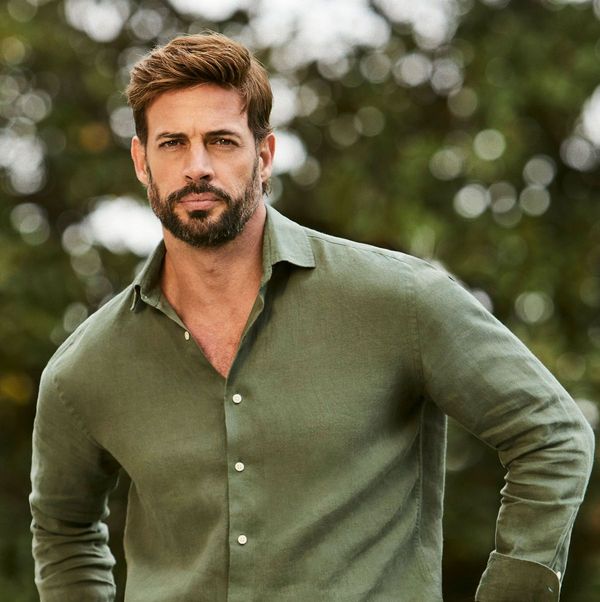
The roar in the Allianz Arena could have greeted a goal. Instead, it simply soundtracked the emergence of the German squad from the tunnel, 45 minutes before kick-off. Seconds later, it was the tourists’ turn in Munich, as the Scots welcomed their players onto the turf with a battle cry from behind one goal. Around the other three walls of this Bavarian behemoth of a structure, the crescendo of German whistles amounted to a fierce screech at Steve Clarke’s men.
These sounds, these swells of sincere excitement and stabs of pantomime hostility, had been absent from the opening games of major tournaments in recent years. There was no such ambience at the soulless World World Cup curtain-jerker in Qatar, two winters ago; there was no such passion in the half-filled stands of a Covid-crippled Rome, as Euro 2020 began 12 months late before playing out all around Europe; two summers earlier, Moscow could not offer the intensity felt in Munich here.
Elsewhere over the last decade, the regularity of Afcon and the Copa America have diluted their senses of occasion. Meanwhile, the ever-growing interest in the women’s side of the game made for an exciting start to last autumn’s World Cup, but emotional investment is still on the incline in that area of the sport – the most poignant occasions are yet to come.
As such, it had arguably been eight long years since a major tournament commenced in fitting fashion, dating back to France vs Romania in Paris at Euro 2016. In that sense, Germany vs Scotland was a conduit for so much of what is special about international football – so much of what has been overlooked in recent times.
This was the ideal opening game for Euro 2024, even weeks before kick-off: a historically triumphant footballing nation against underdogs, who had the overwhelming backing of more than 200,000 compatriots in Munich.
It was not just eminent upon the emergence of both squads, of course. Hours earlier, the areas around this remote ground were heaving. While both teams warmed up, a highlights package recapped every Scottish goal en route to their qualification; each moment was celebrated by the traveling fans as if it were happening in real time.
When Julian Nagelsmann’s line-up was announced, German fans punctuated every surname with vigour. “Antonio... RUDIGER” reverberated with bassy thuds, before a more melodic turn: a joyous rendition of “Live is Life”. When the big screens broadcast a video message from Sir Alex Ferguson, Scottish fans looked up to him – quite literally – like a deity. Another moment of respect ensued when Franz Beckenbauer’s widow Heidi carried the trophy onto the pitch. Emotion was mapped across her face as applause rippled around her, sounding from Scottish hands and German hearts.
In between, it was time to party, as the Scots bounced their way through “Freed From Desire”, threatening to crack the concrete beneath their feet. And then, their finest singalong of all: “Flower Of Scotland”.
After kick-off, every minor moment was provided with a sense of gravity. A tame shot by Kai Havertz was applauded disproportionately. Later, when he rolled home a shot well after the referee’s whistle, the Germans – knowing it would not count – were nonsensically jubilant.
There was admittedly a solemn reaction when the hosts were awarded a penalty, after Ryan Porteous dangerously drove his studs into Ilkay Gundogan’s shin, rather than one of joy or outrage. But Havertz’s resultant conversion, for 3-0, hauled Germans to further heights of ecstasy.
Because, of course, the major moments were ushered in appropriately, too.
When Florian Wirtz opened the scoring on 10 minutes, the celebrations seemed like they might never end. The noise somehow felt even more oppressive when Jamal Musiala doubled the lead. It wasn’t until the 29th minute that a quiet finally fell over the ground, and it was short lived, scythed through by a German refrain.
As the game went on, Scottish spirits in the stands seemed to have been sapped, but the tourists met Rudiger’s late own goal with a collective roar, airborne beer, and the drone of smuggled bagpipes.
Earlier, Havertz had received a standing ovation upon his exit. When Thomas Muller replaced Musiala, the adoration for both was deafening, and the celebration of Emre Can’s late goal had no right to be as explosive as it was. “Major Tom”, the resurgent ‘80s pop song that Germans have claimed as their unofficial anthem, was belted out ebulliently at full time.
On this night, even a (usually loathsome) Mexican wave and the generally apathetic launch of a paper plane felt different. Every act conveyed euphoric abandon. Each one was a welcome emblem of a long-awaited, giddy embrace of international football.
The coming years will bring more major tournaments in the distant deserts of barren Gulf states. They will bring more competitions scattered around continents and – in some cases – across them. We know this; some are already official. The hope for Euro 2024 was a pure concentration of national culture, and a distilled spirit from home and travelling fans. One game in, we’ve already had an abundance of both.







